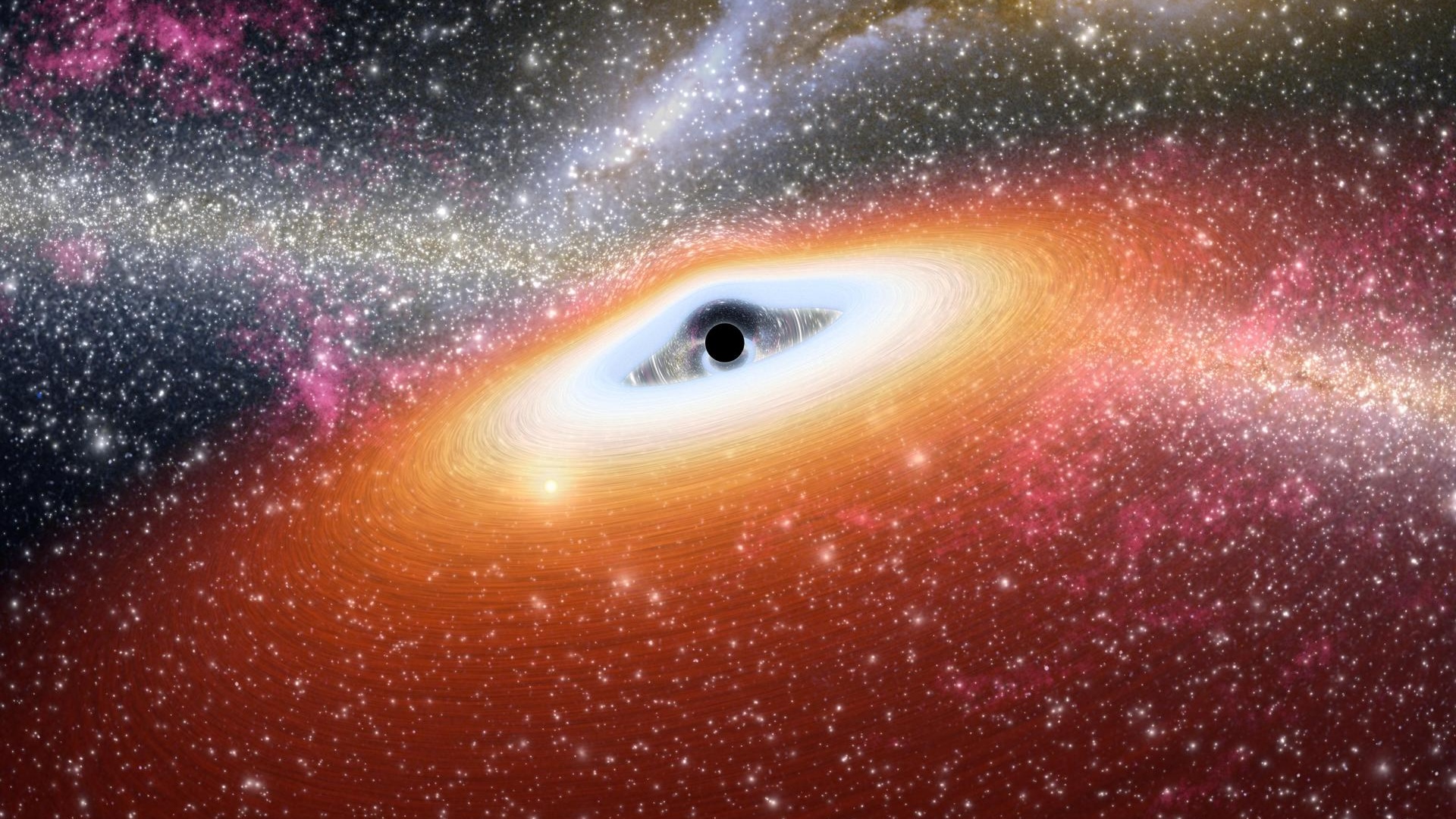Can Animals Tell Time?

Get the world’s most fascinating discoveries delivered straight to your inbox.
You are now subscribed
Your newsletter sign-up was successful
Want to add more newsletters?
Join the club
Get full access to premium articles, exclusive features and a growing list of member rewards.
William Roberts and his colleagues at the University of Western Ontario found that rats are able to keep track of how much time has passed since they discovered a piece of cheese, be it a little or a lot, but they don't actually form memories of when the discovery occurred.
The rats can't place the memories in time, Roberts and colleagues report this week in the journal Science.
The researchers designed an experiment in which rats visited the arms of a maze at different times of day. Some arms contained moderately desirable food pellets, and one arm contained a highly desirable piece of cheese. Rats were later returned to the maze with the cheese removed on certain trials and with the cheese replaced with a pellet on others.
Three groups were tested using three varying cues: when, how long ago or when plus how long ago.
Only the cue of how long ago food was encountered was used successfully by the rats.
These results suggest that episodic-like memory in rats is qualitatively different from human episodic memory , which involves retention of the point in past time when an event occurred.
"The rats remember whether they did something, such as hoarded food a few hours or five days ago," Roberts said. "The more time that has passed, the weaker the memory may be. Rats may learn to follow different courses of action using weak and strong memory traces as cues, thus responding differently depending on how long ago an event occurred. However, they do not remember that the event occurred at a specific point in past time."
Get the world’s most fascinating discoveries delivered straight to your inbox.
Previous studies have suggested that rats and scrub jays (a relative of the crow and the blue jay) appear to remember storing or discovering various foods, but it hasn't been clear whether the animals were remembering exactly when these events happened or how much time had elapsed.
"This research," said Roberts, "supports the theory I introduced that animals are stuck in time, with no sense of time extending into the past or future."
Originally published on Live Science.
 Live Science Plus
Live Science Plus












